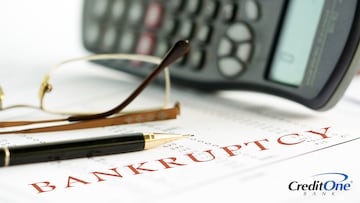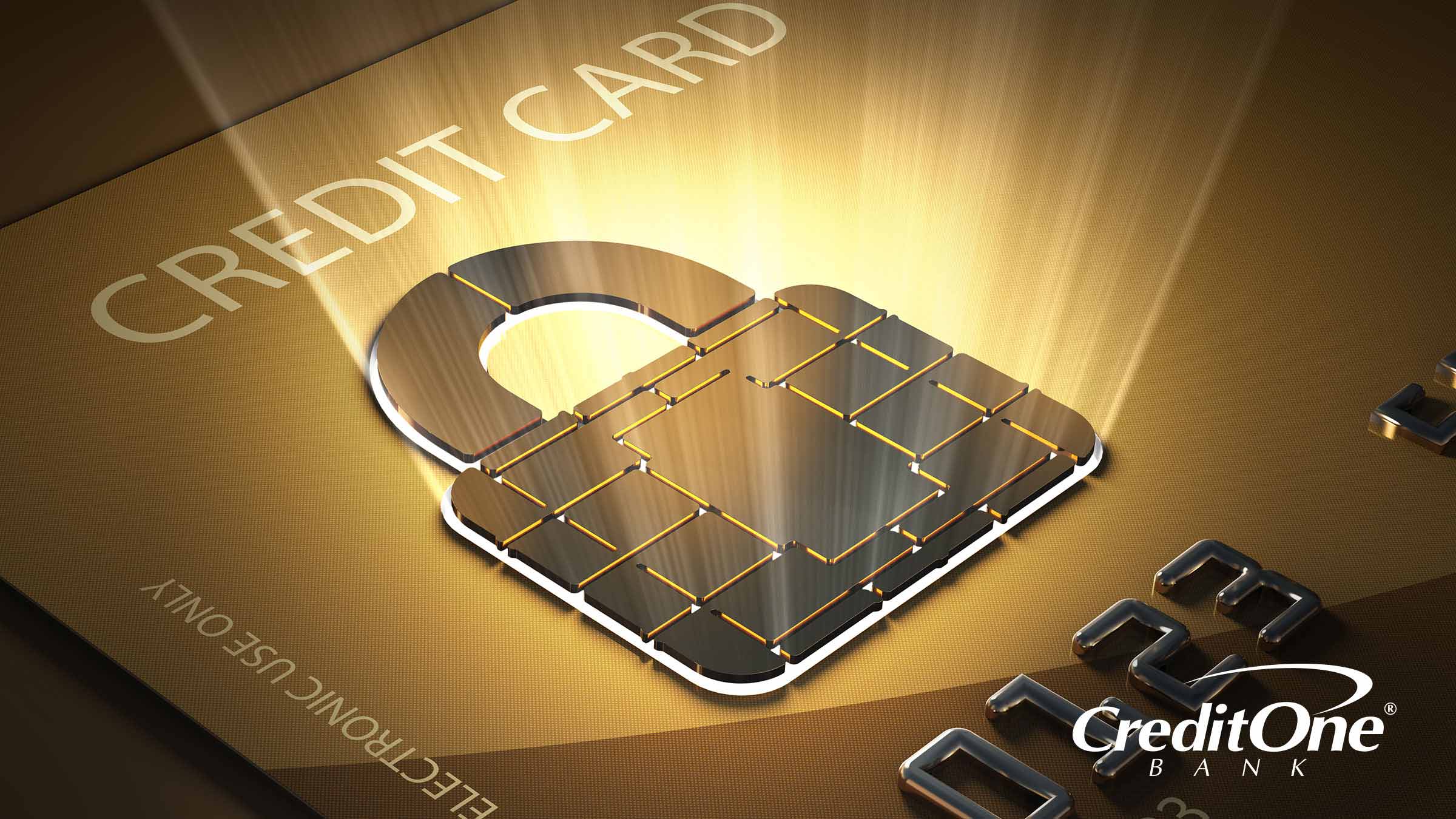
August 07, 2024
Getting a credit card after bankruptcy will likely be much more difficult, and may not be a prudent decision in every case. However, it can be an effective way to rebuild positive credit. There are several things to consider when looking at credit cards after bankruptcy.

Going through a personal bankruptcy can have significant long-term effects on your finances and hinder your ability to secure credit. Fortunately, by taking the right steps, you can rebuild your credit and improve your financial situation over time. In some cases, credit cards can be helpful tools for financial recovery after bankruptcy.
Getting approved for a credit card after bankruptcy is often more difficult, and may be impossible for some people. However, responsible credit card use can be a great way to start building a positive credit history after bankruptcy. Additionally, several types of credit cards may be particularly beneficial to individuals with damaged credit.
Anyone who has filed for personal bankruptcy and is considering applying for a credit card should thoroughly understand their current financial situation and carefully research their options before making a decision.
What is bankruptcy?
Bankruptcy is a legal proceeding designed to provide individuals and businesses — although we’ll only be addressing individual bankruptcies in this article — some freedom from their debts.
There are two main types of bankruptcies for individuals: Chapter 7 and Chapter 13. With a Chapter 7 bankruptcy, most all of your debts are discharged; with a Chapter 13 filing, your debts are restructured and you’re given a set amount of time, typically three to five years, to repay a portion of the debt you owe.
Why get a credit card after bankruptcy?
Given that poor or excessive use of credit is one of the top reasons people file for bankruptcy, it’s reasonable to assume that staying away from credit cards after filing for bankruptcy could be a prudent move.
But given that one of the benefits of filing for bankruptcy is a fresh start, it’s reasonable to assume that, unless you’re planning to live a credit-free life going forward, you may want a credit card someday, especially given the advantages they offer over debit cards or cash.
Additionally, making on-time, consistent payments on a credit card is a great way to start building a positive credit history to help you rebuild your credit and raise your credit score. In fact, payment history accounts for up to 35% of your credit score, but there is a catch-22.
Because payment history is such an important part of your credit score, credit card issuers are likely going to look at yours before granting you a credit card. And, unfortunately, a bankruptcy filed because you weren’t able to pay past creditors probably isn’t going to paint you as a good prospect for a major credit card.
How long does it take to get a credit card after bankruptcy?
Once you’ve filed for bankruptcy, you cannot apply for any new credit lines until your initial filing is completed and your debts are discharged. In many cases, this can take years, though the exact amount of time will vary depending on several key factors, including the type of bankruptcy you filed and the amount of debt you owe.
Before applying for a credit card, you should always verify that your bankruptcy has been filed or discharged, as bankruptcies can remain on your credit report for some time after your debt has been paid. You are entitled to a free copy of your credit report from each of the three major credit bureaus every year. If there are any errors in your credit reports, you are going to want to dispute the errors before you apply.
How long does bankruptcy stay on your credit report?
A Chapter 7 bankruptcy should first appear on your credit report about 90 days after your filing date; while a Chapter 13 bankruptcy will appear about 90 days after your bankruptcy discharge. Any affected accounts should show zero balances and not list past-due amounts or late payments after the filing or discharge date. These accounts should also be clearly marked as being included in bankruptcy.
Chapter 7 bankruptcy will remain on your credit report for up to 10 years after the filing date, while a chapter 13 bankruptcy will stay for about 7 years. Fortunately, the impact of bankruptcy on your credit score should steadily lessen with each passing year. By the time your bankruptcy is removed from your credit report, you should be in a much better position to begin rebuilding your credit.
What are the best credit cards to get after bankruptcy?
The hard truth is that, if you’re applying for credit fresh off of a bankruptcy, you’re probably not going to have a lot of choices in which credit cards you can get. Because bankruptcy is a rebuilding process, you may have to start from the bottom.
The good news is that many credit card issuers like a good redemption story, so if you can demonstrate responsible credit behavior with a less-than-ideal starter credit card, you may be able to graduate to a better card sooner than you think. And “less than ideal” means many of the cards you’ll qualify for will likely have steeper interest rates, smaller credit lines, and higher fees.
If a major credit card — even a less-than-ideal one — is currently out of reach, consider going with one of these credit-building options:
Secured cards
Unlike an unsecured credit card, which grants you revolving credit without any collateral and is what most people mean when they use the term “credit card,” a secured credit card requires you to “secure” it with collateral, typically in the form of a cash deposit. This represents less risk to the credit card issuer, so secured credit cards are usually easier to get than unsecured cards.
With a secured credit card, you can learn to use credit responsibly by making consistent, on-time payments. Most secured cards report your activity on the account to the three major credit bureaus, so a secured card can be a great way to build a solid payment history and improve your credit score. But you must use it responsibly, because any negative payment history will also be reported to the credit bureaus.
Store credit cards
Because credit limits are typically lower with store cards than with major unsecured credit cards, retailers are generally more likely to approve applicants with lower credit scores for their credit cards.
Retailers report your account activity to the three major credit bureaus, so using one of these cards responsibly is a good way to improve your credit score and pave the way for potentially being approved for a major credit card down the road.
Become an authorized user on someone else’s card
As an authorized user on another person’s credit card account, you may be able to build a credit history if the credit card company reports activity on the account to the credit bureaus for both the primary account holder and the authorized user. This could allow you, as an authorized user, to build a credit history without having to apply for a credit card on your own.
But you must exercise caution in asking someone to make you an authorized user on their account. Just as any positive payment information on the account may appear in your credit reports, if the primary account holder doesn’t treat the account responsibly, any negative payment information could also appear in your credit reports and do more harm than good in helping you rebuild your credit.
Apply for a credit-builder loan
A credit-builder loan is a relatively newer product designed to help you build credit and show potential creditors that you can successfully make regular payments to pay off a loan. Whereas a traditional installment loan gives you the money upfront, a credit-builder loan gives you the money once you have made all of the installment payments and paid the lender in full.
This may seem a bit counterintuitive to the notion of what a loan is, but the whole point of a credit-builder loan is to help you establish a positive credit history. You pay off a relatively small loan (typically less than $1,000) over a relatively short amount of time (typically 6 to 12 months), and those payments are reported to the three major credit bureaus.
Just make sure your payments are for the agreed-upon amount and on time, every time to build a positive payment history, as missed or late payments can further damage your credit score. If possible, setting up automatic payments can help you avoid any accidental delinquency.
Using a credit card responsibly after bankruptcy
If you get approved for a credit card after bankruptcy, it’s important to use it in a way that will strengthen your credit history. Irresponsible credit card use after bankruptcy could damage your finances further and make recovery even more difficult. There are several best practices to keep in mind:
Practicing budgeting with cash: Setting a realistic budget and using cash for expenses can give you a better understanding of your monthly spending. This can help you avoid irresponsible charging habits once you get a new credit card.
Make your payments on time: Payment history is the most significant factor affecting your credit score, as it helps lenders determine how diligent and responsible you’ve been with credit in the past.
Pay more than the minimum if possible: While you are not required to, paying off the full balance on your bill instead of the minimum amount can free up your available credit, which will help improve your credit utilization ratio.
Find out when your grace period ends: In some cases, lenders will not send your bill until late in your grace period, which can leave you a small window to make your payment on time. By learning exactly when your grace period ends, you can avoid surprises and prevent late payments from damaging your credit.
Stick with one card: If you’re on a tight budget when recovering from bankruptcy, it may be tempting to get a second credit card if you can. However, having excessive credit can decrease your credit score and lead to irresponsible decision-making that may cause you to incur more debt.
Finally, it’s important to be patient as you work to rebuild your credit. The damage done by bankruptcy can linger on your credit report for years, and you’ll need to demonstrate a steady pattern of responsible spending habits to repair your score. Fortunately, if you take the right steps, it is very possible to rebuild your credit score over time. If you’re looking for a credit card, you can see if you pre-qualify for a Credit One Bank offer without impacting your credit.



